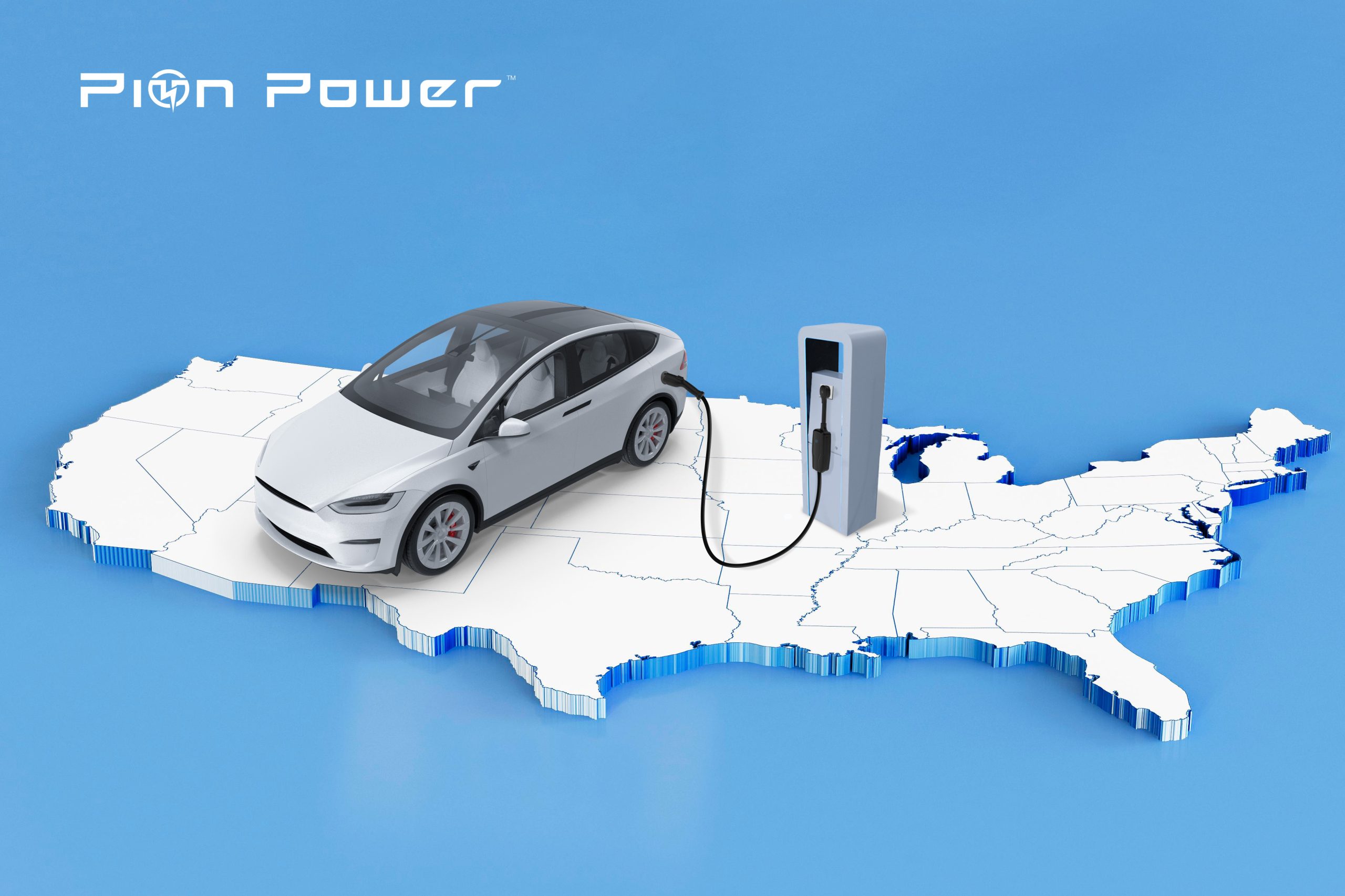As electric vehicles (EVs) reshape transportation, state governments across the United States are implementing diverse tax policies and incentives in different states.
Here’s a detailed breakdown of how different states are approaching EV taxation and benefits:
California, Connecticut, and Maine: Leading the Charge with Generous Incentives.
In states like California, Connecticut, Oregon, and Maine, EV owners can benefit from robust incentives designed to offset the upfront cost of purchasing electric vehicles:
- Federal Incentives: Up to $7,500 tax credit for new EV purchases. And up to $4,000 available for used EVs, significantly reducing the cost of EV ownership.
- Various states offer incentives:
- Colorado: Up to $5,000 tax credit.
- Vermont: Up to $5,000 credit.
- Oklahoma: Up to $5,500 rebate.
- New Jersey: Up to $4,000 rebate.
- Other States: Lower incentives (around $1,000 to $2,500) in states like Alaska, Delaware, Illinois, Kansas, and Pennsylvania also contribute to reducing EV purchase costs.
Iowa, Kentucky, and Montana: Taxing EV Charging Infrastructure
Several states have introduced taxes specifically targeting EV charging stations to align EV usage with funding for infrastructure:
- Taxes: Iowa levies a $0.026 per kilowatt-hour tax on public charging stations. Meanwhile Kentucky and Montana impose a $0.03 per kilowatt-hour tax on electricity from these stations.
If you’re considering installing EV charging stations, the Federal government offers the Alternative Fuel Refueling Tax Credit, commonly known as the “30C” tax credit. This credit aims to offset the costs related with EV charger installation.
- Benefits: The tax credit covers 30% of the EV charging station and installation costs, including permits, hardware upgrades, and electrician fees. For businesses, the credit is capped at $100,000 per charger, while residential stations can claim up to $1,000 per charger.
- Recent Updates: The credit was expanded under the Inflation Reduction Act, increasing its value and broadening eligibility criteria. It now allows for per-charger credits, benefiting both businesses and homeowners.
- Claiming the Credit: To claim the 30C tax credit, file Form 8911 with your annual tax return. The credit is retroactive to 2018, allowing for potential credits from previous years.
To save more and enhance convenience: consider our Pion Power EV chargers Flex-AC
- Powerful Performance: Adjustable capacity from 6A to 40A, up to 9.6 kW.
- Ready to Use: Includes NEMA 5-15 and NEMA 14-50 adapters, no installation required.
- Universal Compatibility: Works with SAE J1772 connectors, including Teslas with adapters.
- Safe and Reliable: CSA, Energy Star, and FCC certified for secure charging.
- Enhanced Portability: Lightweight and mobile options available, easy to transport.
- Save on Your Bill: Schedule charging during off-peak hours to reduce electricity costs.
For more details on our Pion Power EV chargers and how they can fulfill your needs. Visit our website or explore our product offerings today. Experience the convenience and efficiency of our advanced charging solutions, designed to support your journey towards electric mobility.

